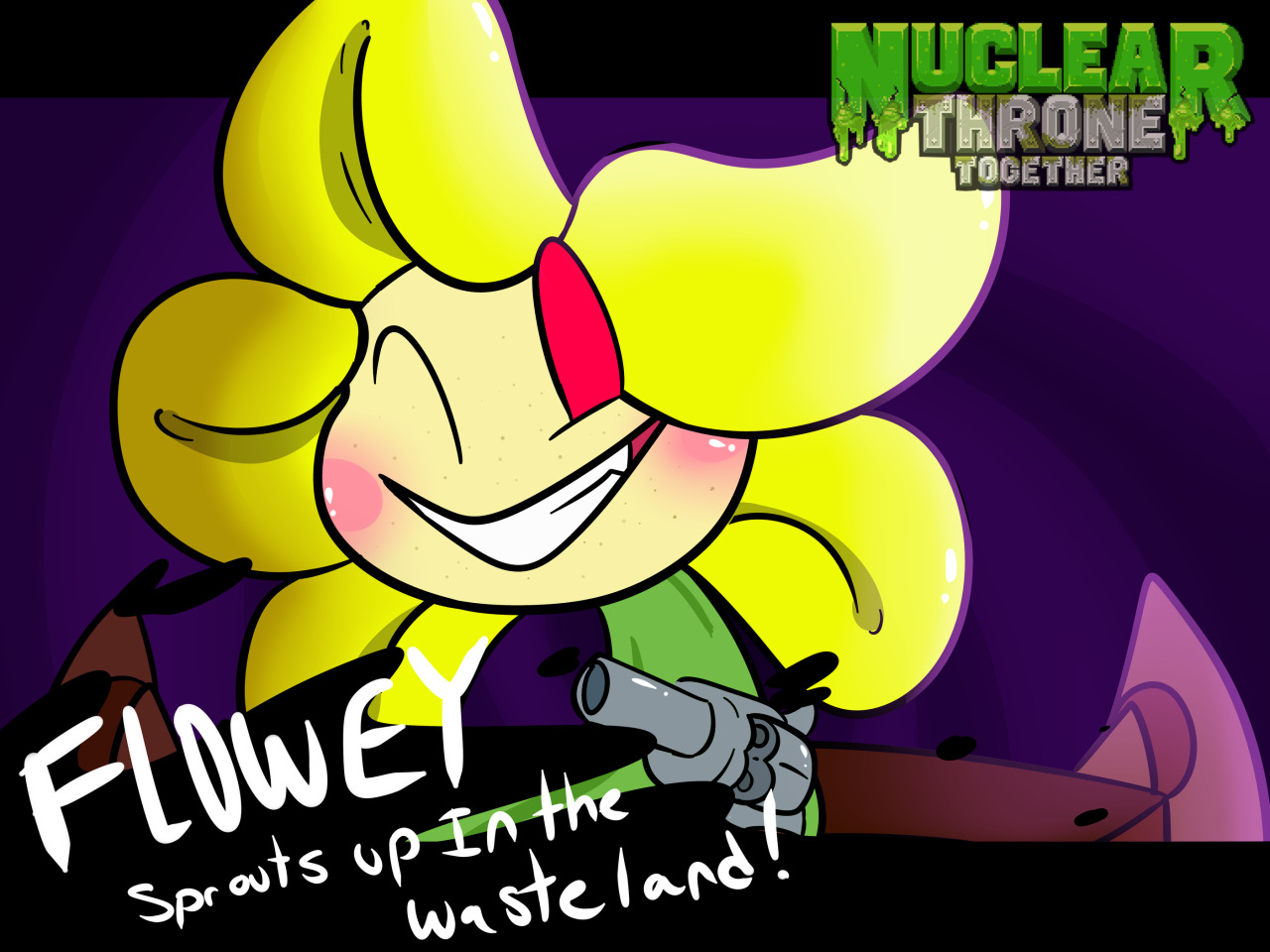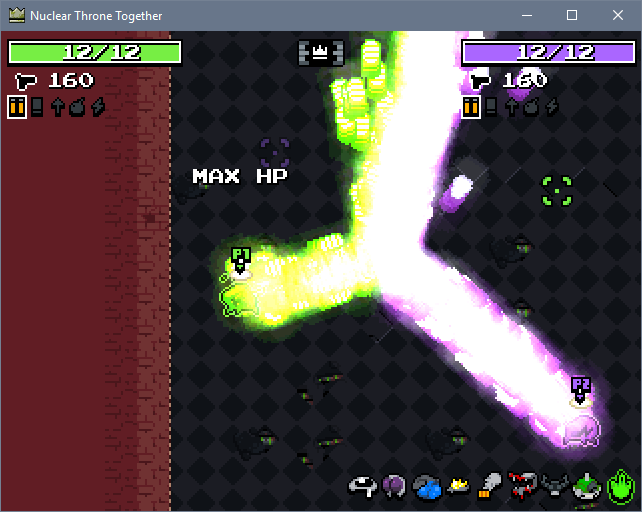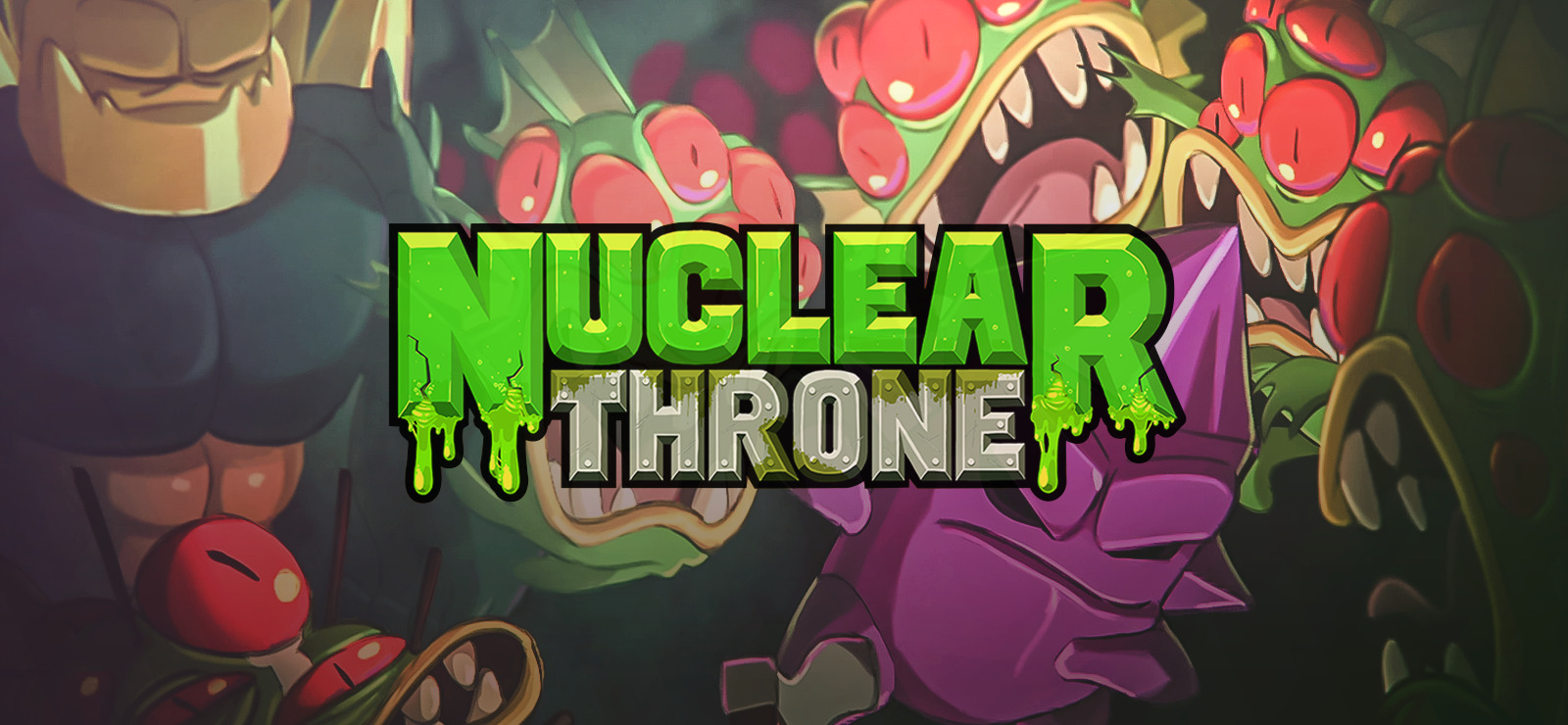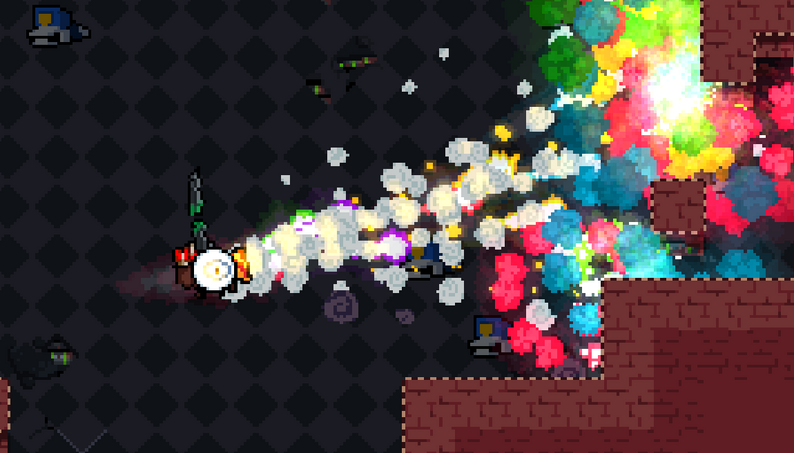
With radioactive materials in the updraft of air forming a mushroomįallout can be carried by winds for hundreds of miles and beginįalling to the ground within minutes of the blast or take hours, days, (residual nuclear radiation) is created when the fireball vaporizesĮverything inside it (including dirt and water). Initial nuclear radiation is penetrating invisible rays that can be lethal in high levels. What is the most dangerous part of a nuclear attack?īoth the initial nuclear radiation and residual nuclear radiation (also called radioactive fallout) are extremely dangerous. (Evidence suggests some countries and groups are working on enhanced and non-nuclear EMP weapons or e-bombs.) Interference to crippled power, transportation, banking andĪn EMP from a high-altitude nuke (where a nation or group succeeds inĭetonating a nuclear device carried miles into the atmosphere) couldĪffect electronics within 1,000 miles or more as shown below. Or hardened, an area or nation could experience anything from minor Lightning) that can fry electronics connected to wires or antennas likeĬell phones, cars, computers, TVs, etc. It shows the force of the blast wave thenĪlso, if a nuke is launched over our continent and explodes miles above the earth, it could create an electromagnetic pulse ( EMP).Īn EMP is a split-second silent energy burst (like a stroke of Was located 3,500 feet from ground zero, and the time from the first to The below graphic shows the destruction of a test home by an atomicīlast on Maat the Nevada Proving Ground. (Note: This topic is covered more in-depth in USFRA's Family Preparedness & First Aid ebook, but these are some important steps that can help you and your loved ones survive a nuclear or radiological incident.)Ī nuclear blast produces a blinding light, intense heat (called thermal radiation), initial nuclear radiation, 2 explosive shock waves ( blasts), mass fires, and radioactive fallout (residual nuclear radiation).

These are some very basic tips on sheltering for any type of nuclear (or radiological) incident. Some of this data could still be helpful.

A largerĭevice, ICBM or a nuclear war would cause more wide-spread damage but Please realize this is being written with small nukeĭevices in mind (like a 1-kiloton to 1-megaton device).
WHAT CAN YOU DO WITH NUCLEAR THRONE TOGETHER HOW TO
In other words, you CAN survive a nuke attack … but you MUST makeĪn effort to learn what to do! By learning about potential threats, weĪre all better prepared to know how to react if something happens.

In reality, unless you are actually at ground zero or within a

Impact … and survivors would want to die once they come out of their In the event the unthinkable strikes our soil.įor decades, movies and some in the media have portrayed a nuclearĪttack as a “doomsday” event implying most people would be killed on Never happen – but we all must accept the fact nuclear tensions haveīeen rising globally so we should prepare ourselves and our loved ones No one wants to think about a nuclear crisis – and hopefully it will


 0 kommentar(er)
0 kommentar(er)
